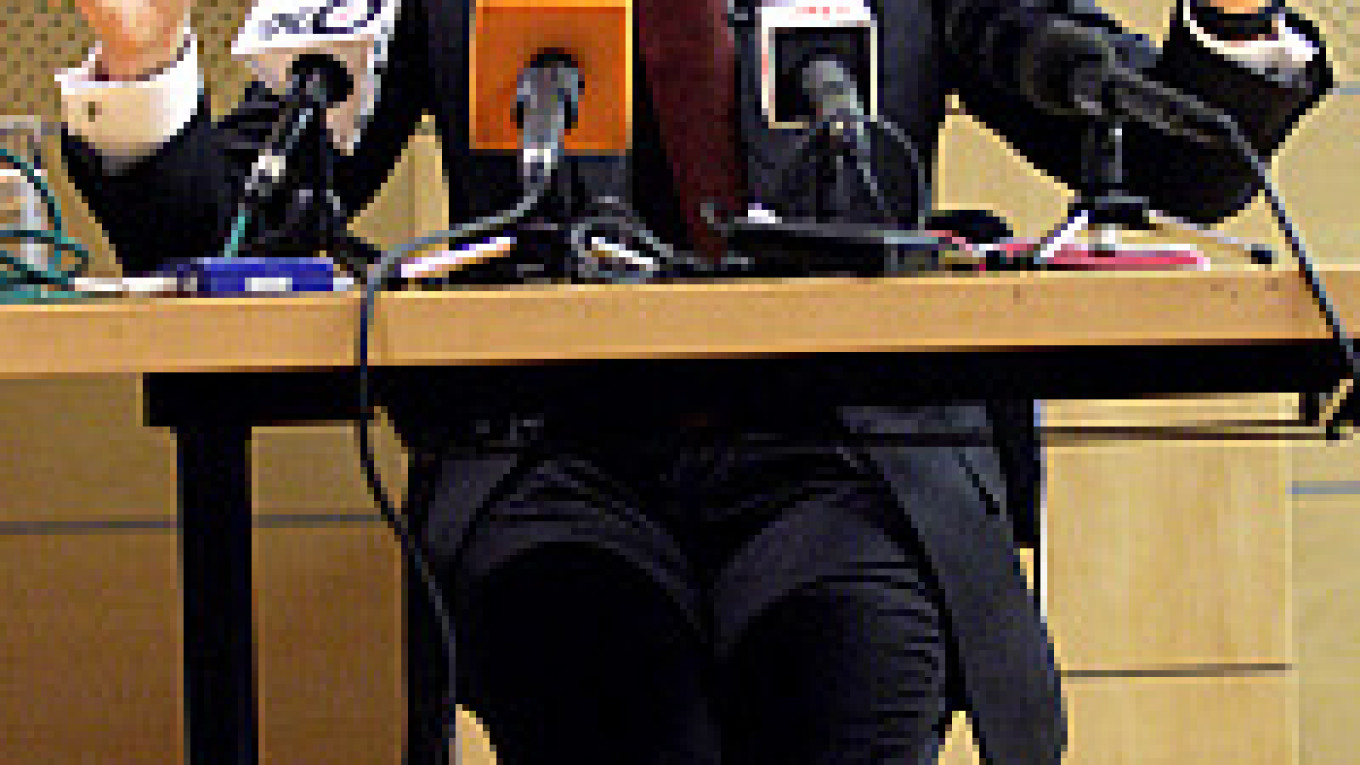A former British military officer, who was an OSCE representative in Georgia when the war broke out, told the BBC on Sunday that he had warned of Georgian military activity before the August war but that the reports were not passed on by bosses.
Finnish Foreign Minister Alexander Stubb, who chairs the OSCE, said the organization had only three observers in South Ossetia when the war erupted in August.
"It's not my job to make the judgment on who started the war, or how it actually started," Stubb told a Moscow briefing. "The OSCE isn't an intelligence service. Our instruments are, unfortunately, very limited."
Stubb added that the OSCE did "the best we could" together with the European Union to quickly broker a truce.
Stubb said the OSCE will assist a Swiss-led inquiry into the circumstances that led to the war.
The five-day war erupted when Georgia launched an attack to regain control over South Ossetia, which broke from Georgian control in the early 1990s. Russian forces swiftly repelled the attack and drove deep into Georgia.
After a meeting with Stubb on Tuesday, Foreign Minister Sergei Lavrov said Russia wants to know what OSCE observers reported from the field in Georgia before the war erupted.
Russia and Georgia blame each other for the five-day war, which badly damaged Russian-Western ties.
"We are very interested in knowing the truth about what OSCE observers saw, what they reported and who they reported to," Lavrov told a news conference.
A Message from The Moscow Times:
Dear readers,
We are facing unprecedented challenges. Russia's Prosecutor General's Office has designated The Moscow Times as an "undesirable" organization, criminalizing our work and putting our staff at risk of prosecution. This follows our earlier unjust labeling as a "foreign agent."
These actions are direct attempts to silence independent journalism in Russia. The authorities claim our work "discredits the decisions of the Russian leadership." We see things differently: we strive to provide accurate, unbiased reporting on Russia.
We, the journalists of The Moscow Times, refuse to be silenced. But to continue our work, we need your help.
Your support, no matter how small, makes a world of difference. If you can, please support us monthly starting from just $2. It's quick to set up, and every contribution makes a significant impact.
By supporting The Moscow Times, you're defending open, independent journalism in the face of repression. Thank you for standing with us.
Remind me later.


